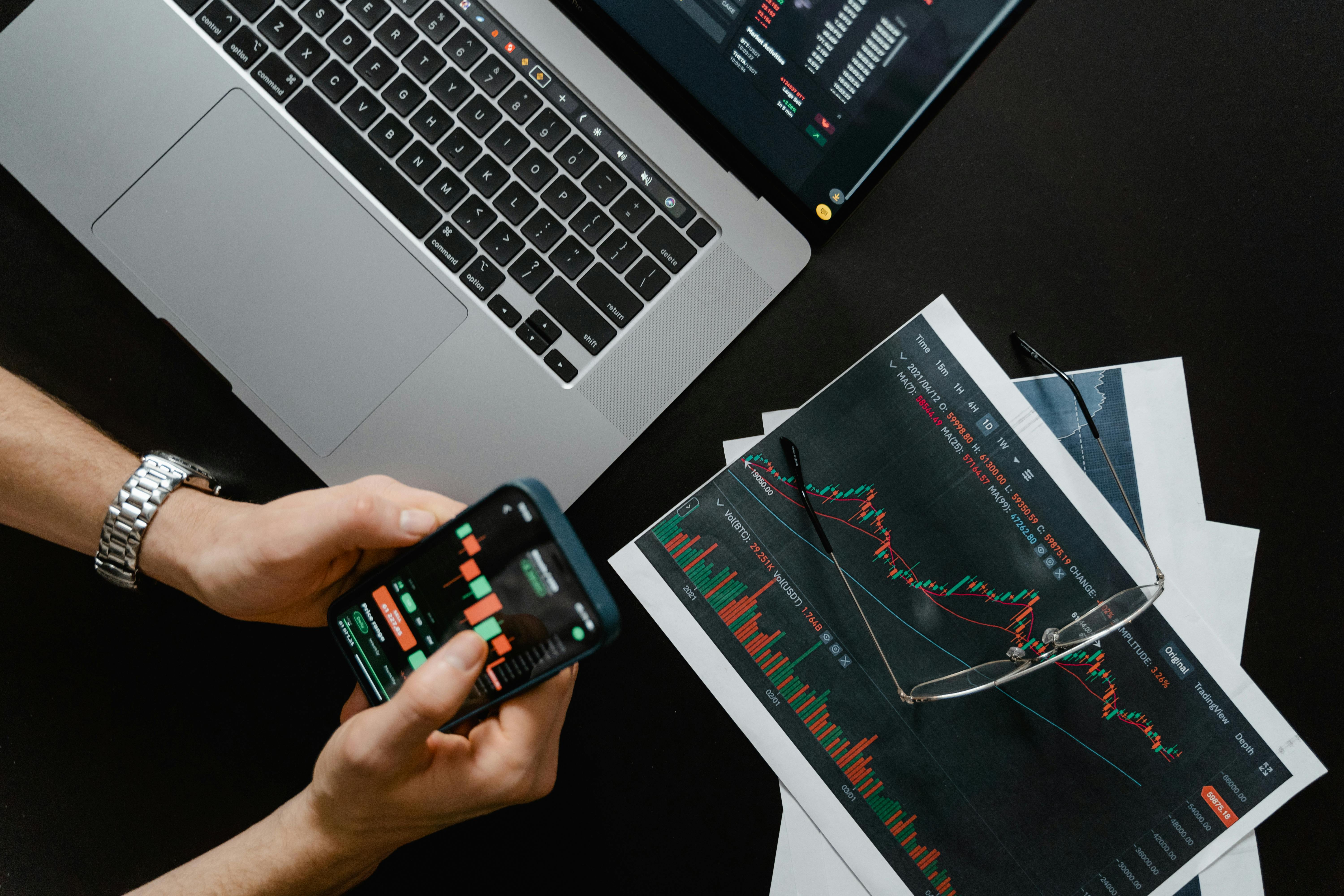
The Future of NFTs in Art and Collectibles: Blockchain Innovation and Digital Asset Evolution
The Future of NFTs in Art and Collectibles: Blockchain Innovation and Digital Asset Evolution
The Technological Renaissance of Digital Ownership
Non-fungible tokens (NFTs) have dramatically transformed the landscape of digital art and collectibles, representing a paradigm shift in how we perceive ownership, authenticity, and value in the digital realm. The convergence of blockchain technology, decentralized finance (DeFi), and creative industries has created an unprecedented ecosystem where digital assets can be tokenized, traded, and verified with cryptographic certainty.
Market Dynamics and Technological Infrastructure
The NFT market has experienced significant evolution since 2021, with sophisticated technological frameworks emerging to support more complex use cases. Platforms like OpenSea, Rarible, and Nifty Gateway have developed advanced mechanisms for creating, minting, and trading digital assets across multiple blockchain networks. The technological infrastructure now supports complex royalty mechanisms, fractional ownership models, and cross-chain interoperability.
Global Regulatory Landscape
Different jurisdictions have developed nuanced approaches to NFT regulation. The United States Securities and Exchange Commission (SEC) continues to evaluate NFTs through securities law frameworks, while jurisdictions like the Cayman Islands and British Virgin Islands have created more crypto-friendly regulatory environments. Switzerland's progressive blockchain legislation has positioned it as a global hub for digital asset innovation.
Top NFT Protocols and Platforms
| Platform | Blockchain | Key Features | Annual Transaction Volume |
|---|---|---|---|
| OpenSea | Ethereum | Largest marketplace | $20B+ (2023) |
| Rarible | Multichain | Creator-centric | $500M+ (2023) |
| NBA Top Shot | Flow | Sports collectibles | $1B+ (cumulative) |
| Foundation | Ethereum | Curated art platform | $250M+ (2023) |
Technological Innovations Driving NFT Evolution
Blockchain technologies have introduced sophisticated mechanisms for proving digital provenance, enabling artists and creators to establish verifiable ownership and monetization pathways. Smart contract technologies allow for complex programmable royalties, ensuring creators continue to benefit from secondary market transactions.
Legal Frameworks and Digital Authentication
Advanced cryptographic techniques now provide robust methods for authenticating digital assets. Blockchain's immutable ledger ensures transparent ownership history, creating unprecedented trust mechanisms in digital marketplaces. Legal frameworks in jurisdictions like Liechtenstein are developing comprehensive regulations addressing digital asset classification and transfer.
Economic Impact and Market Projections
According to recent market research, the global NFT market is projected to reach $231 billion by 2030, with significant growth in art, gaming, and virtual real estate sectors. The integration of artificial intelligence and machine learning technologies is expected to further enhance NFT valuation and authentication processes.
Emerging Trends in NFT Technology
Emerging trends include fractional NFT ownership, dynamic NFTs that can change based on external conditions, and cross-platform interoperability. The convergence of augmented reality, virtual reality, and blockchain technologies promises to create immersive digital experiences with verifiable ownership mechanisms.
RWA.codes: Enabling Digital Asset Innovation
At RWA.codes, we specialize in developing sophisticated blockchain solutions that address the complex technological and legal challenges of digital asset tokenization. Our expert team provides comprehensive services including:
- Advanced blockchain development
- Legal compliance consulting
- Smart contract engineering
- Digital asset strategy development
Our multidisciplinary approach ensures clients can navigate the intricate landscape of NFT technologies with strategic precision and technological excellence.